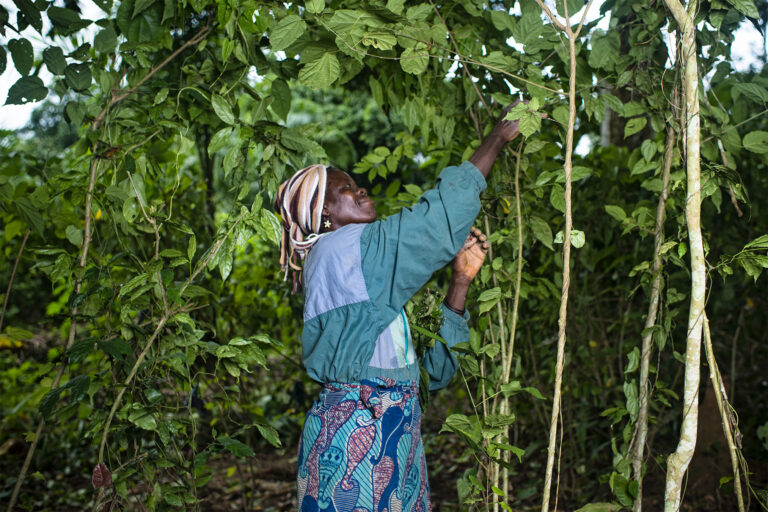An absence of government legal and policy reforms is impacting the rights of Indigenous, Afro-descendant peoples and local communities associated with carbon programs in 33 countries in Asia, Africa and Latin America, according to a recent report. The report, published by advocacy group Rights and Resources International (RRI), outlines the NGO’s findings on community rights to forest territories, land and resources in carbon trading regulations. This includes the associated benefit sharing, compensation and safeguards mechanisms of carbon market projects. More than half of the reviewed countries don’t have carbon trading regulations, the report found, while nearly half have no legal provision to recognize the right to free, prior and informed consent of communities. “For Indigenous peoples, the lack of legislation at the national level that fails to guarantee their carbon rights is a major threat which leads to further violation of territorial rights, land dispossession, and loss of food sovereignty,” says Onel Masardule, executive director of the Foundation for the Promotion of Indigenous Knowledge (FPCI), who wasn’t involved in developing the report. The report defines carbon rights as communities’ legal rights and entitlements to the benefits generated by carbon sequestration activities (like payment for conserving forests from deforestation) and capability to consent to initiatives for nature-based solutions. Despite more than a decade of funding and investments in programs like REDD+ (a framework to monetize and protect forests), progress toward an equitable and meaningful recognition of community rights remains slow, says Alain Frechette, author of the report and director of rights,…This article was originally published on Mongabay
Search
Recent Research
Want your Blog Article featured on our website?
Research
Featured News
How to Make Your Home More Energy-Efficient in 2026
A practical, future-ready guide for lower bills and a smaller footprint Rising energy prices and
Sustainable Break Rooms: Greening the Office Pantry
Photo by Rodeo Project Management Software on Unsplash A break room may seem like a
Solar-powered AI streetlights to fund coastal highway construction
Nigeria’s long delayed Lagos-Calabar Coastal Highway is set to be rescued by thousands of AI-driven,
Big Data Analytics Enhances Renewable Energy sector
The sun doesn’t send bills, but energy companies using renewable energy do. And to keep
From COP30 to Sri Lanka, indigenous voices shape climate & food sovereignty
COLOMBO — When Indigenous groups converged at the entrance of the U.N. Climate Change Conference
Another threat to reefs: Microplastic chemicals may harm coral reproduction
As the sliver of a new moon shines over Kāneʻohe Bay, Oʻahu, millions of tiny
A Practical Guide to Choosing the Right Organizer Bins Online
Choosing organizer bins sounds simple — until you start comparing sizes, materials, and specs online.
How Lagos traders struggle as styrofoam gradually disappears in markets
Traders have continued to count their losses about five months after the Lagos State Government





